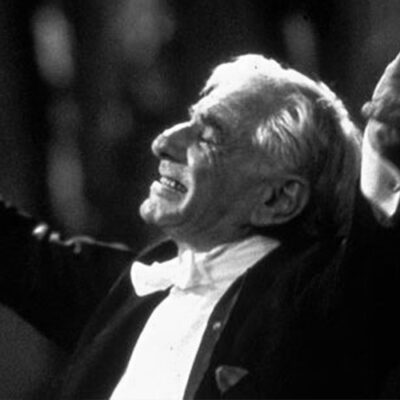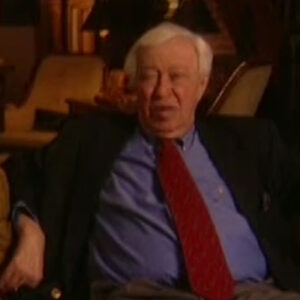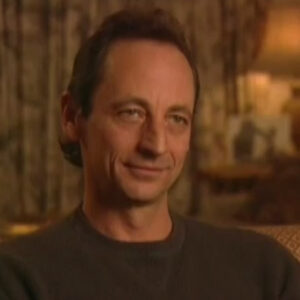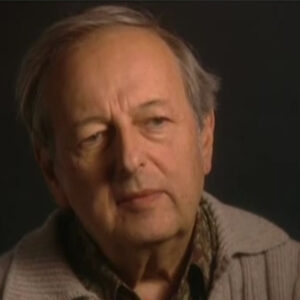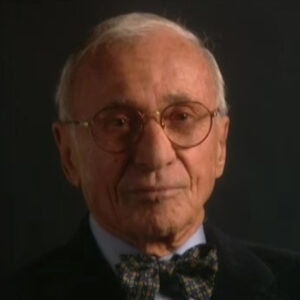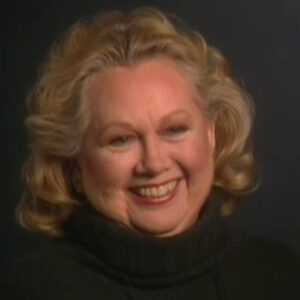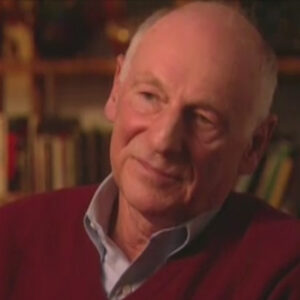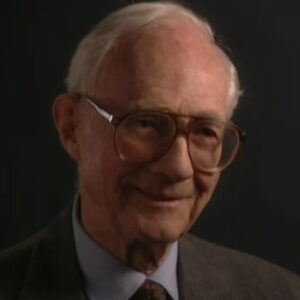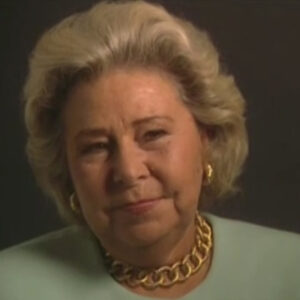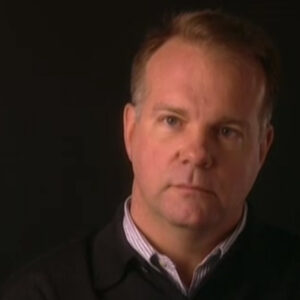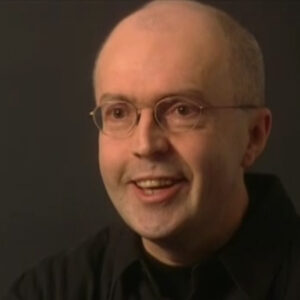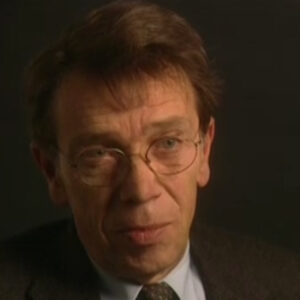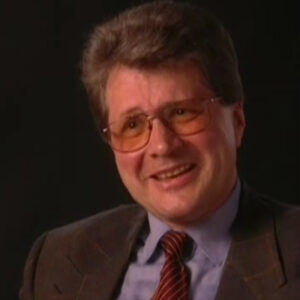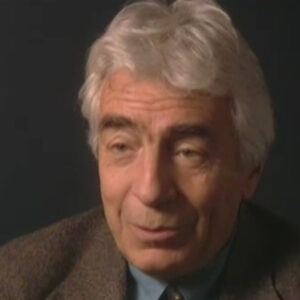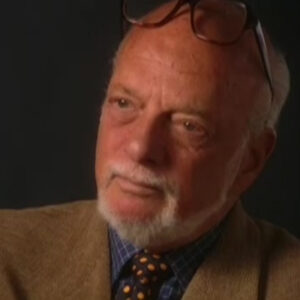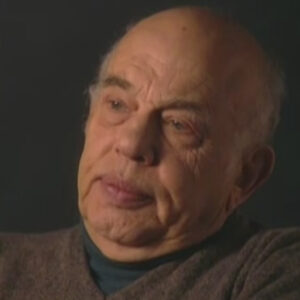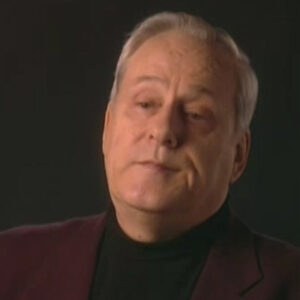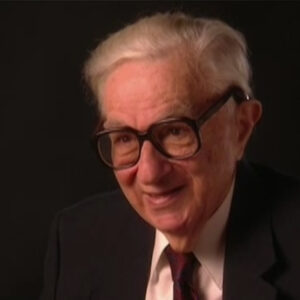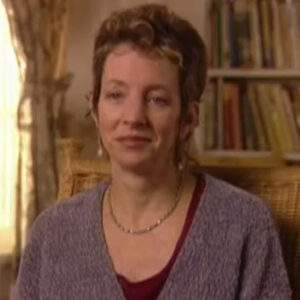Speaker You know, that really knows when I come to the United States, who knows practically all my life what happens with me? And he was very close to his friends and he was really nervous when I was in Russia and he helped me that I never forgot about that. He asked wife of Ted Kennedy when the senator came to Moscow for speaking with Mr. Burton. If I really ask his wife, John Coltrane, please, if you have a chance and speak with Brezhnev traditional slammed into and and speak about me, that’s the most difficult moment in my life there. Well, that’s all I can really get into, is what happens with me and be nervous about my life and what my future. And that’s my family now. And when I come to United States 1974, and especially when I make contact with National Symphony Orchestra for my first season was 1977, they tell me I like something’s got to go for you, open concert, some some nice thing and then come to what a great hotel. That’s the suite that was planning to go to the flower.
Speaker I prosperity. Come here, I’ll come there. And he’s like always phenomenal overture in piano and singing and speaking. That’s the set of tapes and I feel very excited as you know, who’s talent like a champagne all starts coming to the brain and that I perform this so many times, many, many times. And also for my seventh birthday now in Paris and another city in Moscow in Baku, perform these words. Not only that’s a very, very talented music, but that remain to me, our friendship and you not there is also taking the name of my dog, my dog name, PWCS, an orchestra in first performance. And just hear that before speaking. Slava, that’s on the books. But one soldier died twenty years ago. My dog, that was nobody knows that. That’s when I now take out his name because that’s after that questions about me. And that’s also what I remember.
Speaker My dog, the voices that were the speaking voice. Yes. That we’re hearing in the piece. What is that?
Speaker You know, that’s well, the rhythm that he would like. Make some noise from the street, noise from the live. You know, that’s what’s important. And that’s why he’s not that special for the words that’s not important, small, unimportant noise and et cetera, et cetera. That’s that’s really nice.
Speaker And kind of this episode and after that, coming home for a little bit deeper into that slot’s leftist lover from Athens. But that’s new to false. A false him. He’s got to move in another or slower. And they could just because that’s my specialty in Salala. But of course, Einarsson. But it’s not about me singing about glory. It’s the national language that’s glory.
Speaker And this kind of joke. How did you learn it worked? What what how often did you and Leonard work together?
Speaker You know, you work so many times in a completely different way of I believe he composed for me also meditation that for mass. That’s the beauty I learned enormously. And I play, of course, with him. I bring him many another concerti. And for example, until he was on that and most maybe most amazing that we play together in gala concert, Mozart Sonata for four in piano, and I play the role of seven second parts and he starts piano. Mozart’s another summit in Washington in Canada Center, where I, I read some place that Lenin didn’t practice very much.
Speaker What was your experience with him on that of.
Speaker What’s a that you practice a lot?
Speaker Yes, of course I puzzlements for that because. Yes, and he pretends not not not so great. But when we come into just the hustle, he was not only on top, but only second because he wasn’t up, because I saw him. That’s nothing. And he immediately only that we have I have not very confortable moment because he asked me normally for a second piano, not with a feather.
Speaker Lay it me please give me some names for I make pedals and piano and that’s that’s why he got me. So he waited till quarter of bunch for his chair till quarter that he was not comfortable.
Speaker While I sleep and I was put together I read some place that there that there was one piece that you recorded Undermanning.
Speaker Oh yes.
Speaker Yes exactly. You know that we recorded together in concert.
Speaker We recorded So Block and together coming to hear here, you know, all tapes all of this year for for which kind of better how possible Menaged together are. And you know, Danny, after after first ten minutes we’ll just call them.
Speaker Not for me. He so like this composition, you know, and I must tell you that in some momentum his composition when normally that’s normally written of and that’s very difficult for a performer normally I for French horns. Tut, tut, tut, tut, tut, tut, tut.
Speaker You know, that’s like a hard bitten but had been for heart nervous and that’s really just what he meant. It was absolutely phenomenal. US some details of this that’s not possible with the Beatles. That’s why I have several records I’ll never repeat in my life. That’s one of these four spoonful.
Speaker That’s what I wonder if that Shostakovich piano, I presume that is him I never will be is another place with Leni Shalom Love and with Benjamin Britten RPG Ensenat of Schubert. Because nobody play better piano than Benjamin Britten, just Beethoven sonatas for children and obviously the slaveholder I from that you that the moment was so great for you.
Speaker Yes, exactly. And you know that’s not because of I maybe I was better, maybe that’s easy, but because of my partner that’s impossible. Make another partner in the world today. Who’s better than this for.
Speaker How would you where would you place money as a conductor in the 20th century? How would you correct? How would you rate him as a conductor in this century?
Speaker Well, you know, first of all, that, you know, ask, for example, that they are not composing myself is such a genius. Likely. But if you ask me, for example, who am I playing piano, 35 years accompanying my wife in piano, every cello are conducting. But if you ask me who I conductor, cellist or accompanist, I, I’m not a musician.
Speaker And that’s I think that’s most fantastic work for Lee because he’s a musician. He’s a genius. He’s and I think that if, for example, you give to him trumpet after two weeks, he played trumpets better than any trumpet player usually involved in something because he warned us musicians and got used to him. Such phenomenal talent.
Speaker That’s why he’s leaning there instead of.
Speaker He’s a Bernstine for me, that sounds like a professional Venstre that’s musician and that he’s unique. That’s a very difficult for me, subdivided how he played piano, how he conducted, how he composed, not unique. And that’s all, you know, he really emotional. And that for me, most important, he always make music as always. He put his, you know, his life experience. He not always was very happy in life. He suffered in that. And the suffering came to him, to his music. That’s. He used music as a language for speaking with people. And that wasn’t that’s what he made. That’s why that’s why it’s so we have so close friends and the music. In his seventh birthday. I play this old donkey shortly, Sigal Zarba in Boston. And, you know, I jumped from the stage for Ambriz Learning. And within Islam, you know, when I hear these days of the shows, I always have to use it. Me just applause. But you know his reaction immediately after for the music that’s most important and that of course, Walt now lost him in music. He lost, lost. And I hope that God gives him the possibility for him. Praise him, that special, that petfood to God and truly for his friendship.
Speaker I have a couple more stories and hopefully. I read the first time we’re going to perform.
Speaker You saw a mattress. Oh, it does not perform nothing.
Speaker Can you tell that story?
Speaker Oh, the just no transfer from that, you know, because the people who that most of his time of conducting his sometimes if he will let me absent he jump in people who make an effort, not if or somebody jump that’s in in the mood for you. That’s kind of noise. That’s why I can be later to this session apparently. And this is still considered important for conductor matters.
Speaker I ask that you ask for conductor sleep here for he jumped. No, that’s not noise.
Speaker That was first to tell me. Do you remember Atlantes of 17th 16th birthday?
Speaker Yes. Yes, I us that you organized.
Speaker Yes, I was. You know, recently before he lost Felicia and that I know you were very good. She was charming. She was very, very good personality.
Speaker I think that she must have to him because I think if she’s still alive a little longer, still healthy, because when she died, that’s, you know, that many friends and that’s not always good for health, late coming to sleep and etc., etc..
Speaker And he lost Felicia and he suffered very much. And children suffer very much. That’s a proposal to him. I would like to organize for you. I mean, that’s really nice of you. Lots of calls to come and thank all children there. And I’ll make this in in rooftop. Six thousand people coming and I go to the range that you must come to the station for something to perform, because if you see it’s only in public that and that was the the part of the concert. First part was serious music. I’m conducting the waterfront, his music and second half was on Broadway. And third half of not half of was third part of the concert that can also see me. And we finished with Beethoven, those moving forty concerto and that play you would you mention underprivileged in piano out for children. And we conducted them in rehearsal and for beginning rehearsal you was catastrophe, not together. And he can’t see me out of the script. I told him you don’t understand because you sing that stupid concerto for violin and piano. Not that in the moment that concerto for four conductors with orchestra, he was conducting a conducting train conductor and he can. No, not as we do, of course, the Giovanni laughing. But the concert was perfect, really at home.
Speaker The speech that Lillian Hellman, a poet. Yes. Oh, yes.
Speaker The playwright Lillian Hellman, who with whom many wrote, can leave Lillian Hellman herself.
Speaker And she made a speech. Yes. Yes, I understand. It’s very controversial. Yes, controversial. Do you remember what that was about me?
Speaker You know, I don’t understand where it but because I hear what she said, but I don’t understand what she said and doesn’t she?
Speaker My compliments for Lady. And I was very happy about that. But I was really happy about that because if I understand that she controversial people, of course, I would like to speak with her after that because that’s how she found it. Not a perfect place for the speeches.
Speaker Yes, I think it was appropriate if I would go for what I. Yes, yes, yes, yes, yes. That lady suffered so much in his life.
Speaker You talk to your children, you know, that’s of I tell you that he in his life, especially for beginning life, that was very, very happy.
Speaker You know, that the people who helped to him very much are really proud about that, helped him much, much. Passivity actually isn’t what I know. I know he’s a.
Speaker No, several for a family, because when you come to the stage in every physical together, he told me his confidence and told me these discovered I must go, but I’m not concentrating for three because I always think, why is this happening before I go to the stage? But afterwards, they ask me why you took me for this, that gathering of 35 centuries old. And I still always serve his discussions that he wants a lot of people.
Speaker Remember some good things in life, but remember people who help, that’s really the priority of the people. And he also remember who helped him. And that’s he’s speaking for many, many reasons. That.
Speaker What how did you what was the nature of describe your friendship, what to do? Did you spend a lot of time together?
Speaker You know, I not tell you that so much time spent together, but each time we spent together, we were so happy, both so happy. Sometimes I come to hear, of course, that sometimes we used water together. And that’s, you know, that’s I hope for him also. But for me, that was a great occasion. But I think he was enormously happy. And, you know, maybe we see each other often. That’s maybe not so excited and not always this meeting. But that’s always I remember after my concert, you come to this town together. I talk to him what’s he composed for me? For cello and probably for a mystery.
Speaker And he was good with string quartet, but not all that I well, of course, I reminded him sometimes the, you know, not forgot that he to me.
Speaker What are you what do you think are his greatest achievements as a composer? What are your favorite Lenny pieces?
Speaker You know, that’s all that his mass and his symphony. I like very much, of course, music for, you know, he saw so many sides of musician that also see, for example, West Side Story not left not not conquest, not competition for the sort of music, as you know, every single person that’s for each regional differences on a hilltop and his piano concerto, his symphony, his mass, his music for waterfront, etc..
Speaker That’s all I have to talk with you about is conflicted. He felt about conducting versus composing. You know, they tried so often to take time.
Speaker Yes. Yes. He told me because he told me that he when he asked a pianist he must much work to practice for piano, and he told me what you think. So I told him, you know, I think that maybe you work on the death of a composer.
Speaker I told him because that that state after you. But when you perform well, that’s when we died last night. Our our little what was in our art. Our interpretation, not why I told him, and he thought that he would have difficulties for practicing piano, that’s OK. Less and less playing piano, a soloist, but before when he was a Muslim. Now, many, many years. And he was a fantastic pianist.
Speaker You know, I saw the. What would you say?
Speaker Well, let me I want to talk to you about, you know, many seem to have these as he grew older, he seemed to have a lot of doubt about his compass, about him as a composer.
Speaker And I think it was because he began to believe that he wasn’t as good a composer as he was because people were telling him.
Speaker And I think it was a conflict about the serious music versus the Broadway theater.
Speaker What’s your view of that? You know, that’s really that’s a composer and composer, American composer. And that’s that experience Minisink, because that’s, for example, I admired the notion that Gershwin is genius, but composers knew not that because that will be, but because that will get intelligence from black music for jazz and for Broadway music influence. And that’s not not negatives that positive because music so must be so different that so each music must must be. And that’s that’s why I think out in this way, in this kind of style. He’s very composed, very good. But people sometimes not understand this and make a comparison, for example, between Ben Franklin, Beethoven. But that’s not right. That’s not right.
Speaker That’s right. That’s right. Not not Miller or Discloser. You know, sometimes people say that about me. Also, I suppose change is better than conductor, but we would I accept that. But never tell people that, for example, under Segovia better playing guitar then then then, for example, I am conducting, you know, when play children. That is very different. Was that impossible composed of discipline and that also that between composers, all that work. Well, first of all, that Russian composers and that’s Russian troops and Russian feelings.
Speaker Even if Stravinsky was so long lived in the United States that still at least he’s not Russian composer and you’re not an early American composer, Gurlitt and he always composer make like a portrait of his time in his country, the supporters of the German Germany in his time, you know, and thus also Minisink are coming there. That’s everything I actor for this. That’s for failure. That’s his Ninth Symphony he’s ever seen from. That’s what I hear first of like dedicated to Napoleon. But that’s not scratchiness. Not me, not also him. That’s composer from his for his country, Shostakovich. That’s like a history in music for my country. That’s not military history that’s here on me.
Speaker That’s why I’m very happy that we have such phenomenal composer and composer like a Lycabettus. And that’s not needed. And of course, people who don’t understand this have and maybe understand another point of view that I, of course, do know that he is not enough Geep or something like that. But that that’s I think that’s absolutely I do not see Edwardstown. Yes, my English. Not much, but that was I. Well in that little. That’s right. That’s not right. That’s why of course you suffer. And of course in his last period he also he was living his life and always we I also first I now think about my past seventy years until seventy years. I never think what happens with me before I just move forward. But now first time I make a joke or I regret in my life before because you know, and of course each of us have doubts about this and many also many have now.
Speaker But I think his life was absolutely all right. He make absolutely what he must do. And he makes this and he make our life each.

